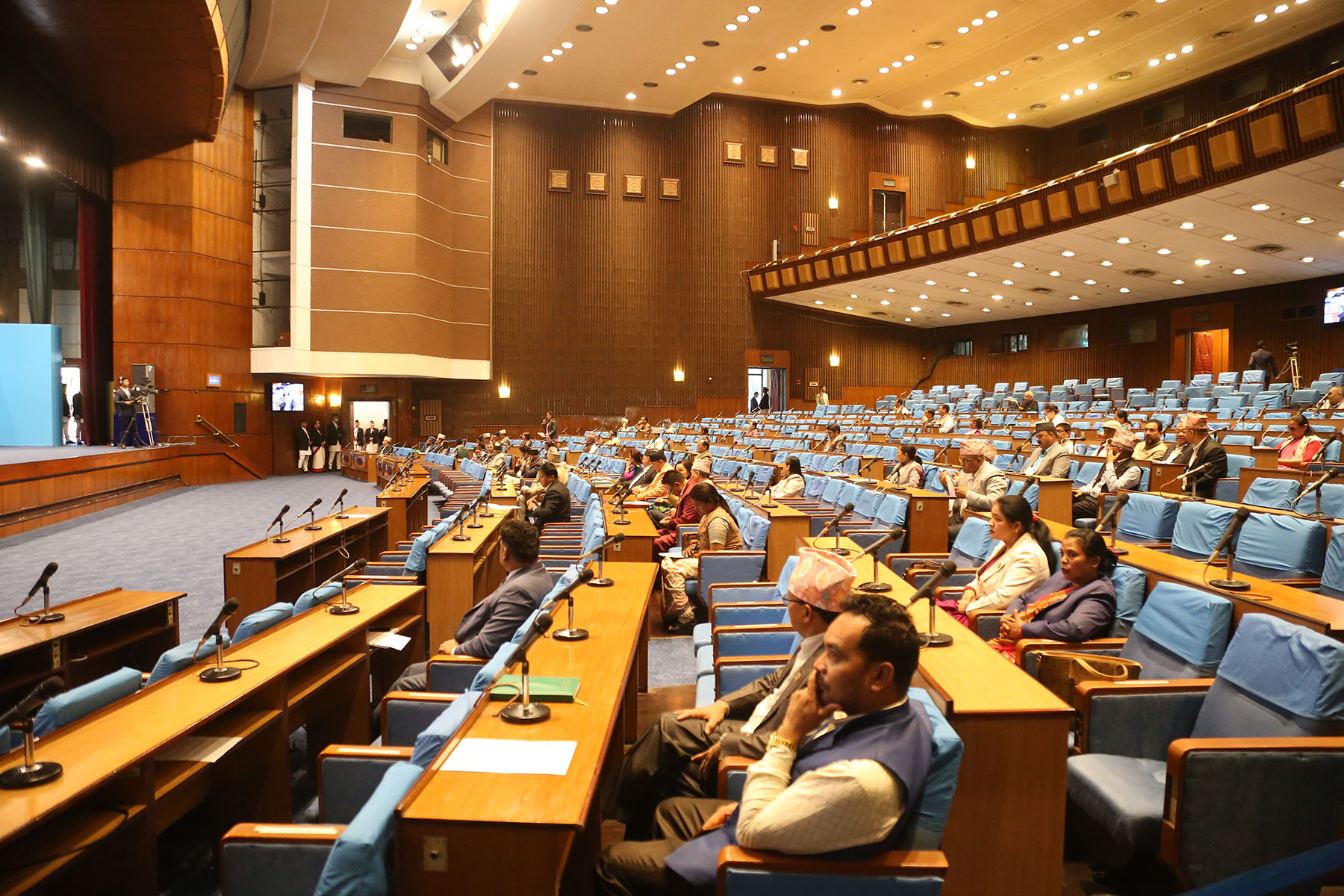Failure to exercise caution with geysers & heaters can be fatal
During the winter, incidents involving suffocation from gas geysers, carbon monoxide poisoning from coal-burning stoves, and fire-related accidents are frequent.

KATHMANDU: A 23-year-old woman from Kathmandu fell unconscious while using a gas geyser in her bathroom.
After two hours of being inside, her sister broke down the door and found her in an unconscious state.
She was immediately rushed to the emergency room at the Tribhuvan University Teaching Hospital in Maharajgunj.
Dr. Niraj Bam, a chest disease specialist involved in her treatment, said that the patient was placed on ‘high-flow oxygen.’ After regaining consciousness on the second day, she was discharged after four days. Dr. Bam noted, “The patient was brought to the hospital in time, so nothing serious happened. If help hadn’t arrived in time, the patient could have died.”
During the winter, incidents involving suffocation from gas geysers, carbon monoxide poisoning from coal-burning stoves, and fire-related accidents are frequent.
As the cold weather starts to set in by the end of Mangsir (mid-December), people often use gas geysers for heating water, coal for warmth, or electric heaters. However, medical experts warn that improper use of these devices can lead to fatal outcomes, emphasizing the importance of safety.
Dr. Bam advises, “During winter, it’s natural to light a stove or heater to stay warm. However, you should never close windows, doors, or curtains when heating a room. Ventilation must always remain open. When taking a bath, the ventilation should stay open to prevent carbon monoxide from accumulating in the room, which could lead to poisoning.”
When windows and doors are closed, carbon monoxide can accumulate, replacing oxygen in the room.
According to Dr. Bam, carbon monoxide enters the bloodstream through the lungs, binds with hemoglobin, and reaches the brain, causing poisoning.
Symptoms of carbon monoxide poisoning include dizziness, nausea, blurred vision, and headaches. In severe cases, it can lead to unconsciousness and death if not addressed promptly. If unconscious for a long time, the brain can suffer permanent damage, and the heart may stop beating.
Chest disease specialist Dr. Prajwal Shrestha explains, “When a fire burns, oxygen is consumed. In a closed room, whether it’s a bathroom or a living room, oxygen levels drop, and carbon monoxide is produced.”
He adds, “In such conditions, symptoms like headaches, dizziness, and unconsciousness are common. With proper precautions, severe accidents can be avoided. During winter, avoid using coal or fire in a closed room. Never close all windows and doors while using a geyser in the bathroom.”
Experts recommend avoiding the prolonged use of electric heaters and blowers during the winter as they emit dry air, which can dry out the throat and nasal passages. This is especially dangerous for children and the elderly, who are more vulnerable to these effects.
Dr. Shrestha advises, “Children and elderly people may not recognize symptoms of dryness, so it’s crucial to stay alert. If you notice any symptoms, leave the room immediately or open a window to ensure proper ventilation.”
Many of these incidents occur in bathrooms, where people lose consciousness after prolonged exposure. Even if death does not occur, lack of oxygen can cause brain damage.
Without oxygen flowing to the brain for even a few minutes, irreversible damage can happen. Survivors may fall into a coma or face long-term health consequences, living with severe disabilities.
To prevent such accidents, doctors recommend using gas, geysers, stoves, and heaters only in well-ventilated areas. After using these devices, make sure they are completely turned off.
Avoid placing flammable items like paper or cloth near the heat source, and always ensure the area is safe before sleeping.
For geysers, it is recommended to install the main unit outside the bathroom in an open space.










